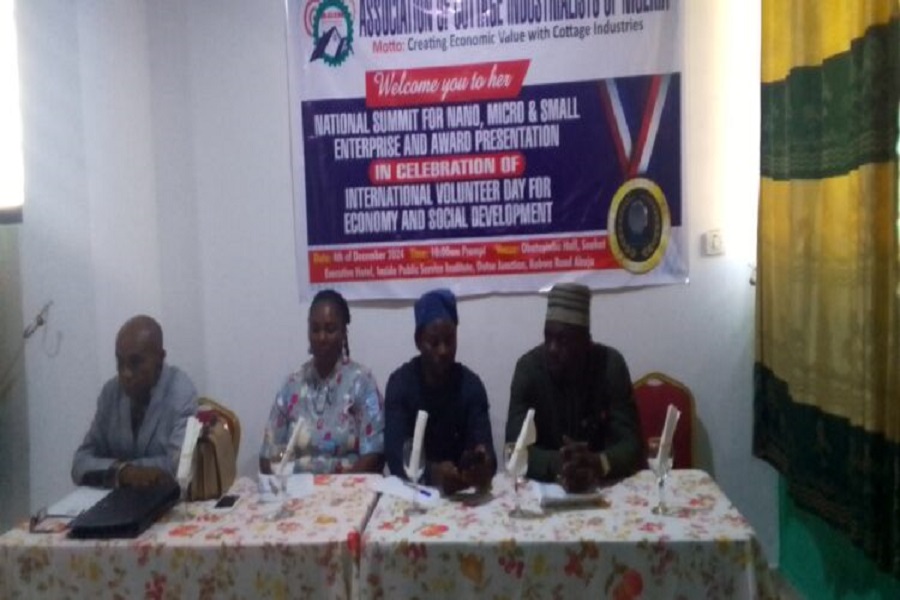ACIN to Empower Over 980,000 Nanoenterprises Nationwide
The Association of Cottage Industrialists of Nigeria (ACIN) has unveiled plans to empower over 980,000 nanoenterprises through extensive training programs across Nigeria. This initiative aims to boost the productivity and sustainability of small businesses, especially in manufacturing, farming, animal husbandry, and agricultural value chains.
Training Structure and Loan Access
Speaking in Abuja, Amb. Oluwasegun Mulemora, ACIN’s National Executive Secretary, emphasized the importance of training and information sharing as tools for empowering small businesses. Key highlights include:
- Cluster-Based Model: ACIN operates through a structured network of state groups and cluster groups, each consisting of 25 members.
- Zero-Interest Loans: Members can access loans through an ACIN app at zero interest, with only a minimal management fee for administrative purposes.
- Loan Guarantee System: The association uses a robust guarantee framework, requiring multiple guarantors, including civil servants, to ensure loan safety.
Collaboration with Key Stakeholders
Mulemora called on the Bank of Industry (BOI) and the Small and Medium Enterprises Development Agency of Nigeria (SMEDAN) to work directly with ACIN in disbursing funds to small businesses.
- BOI’s Role: ACIN seeks to secure 10,000 loan slots from the BOI to support its members.
- SMEDAN’s Support: The agency reaffirmed its commitment to empowering nano and small enterprises across Nigeria.
Nationwide Reach
The training programs will be conducted across all 774 local government areas, ensuring inclusivity. ACIN, with a membership base of 6,000 enterprises, boasts:
- 50% Women Participation
- 30% Youth Representation
- 20% Consultants
The association’s wide reach includes chapters in all 36 states and the FCT, making it a key player in Nigeria’s nano, micro, and small enterprise ecosystem.
Sustainable Growth Through Structured Systems
To ensure loan repayments and program sustainability, ACIN has implemented measures such as deducting ₦100 from the collective funds of state clusters in case of individual defaults.
This initiative highlights ACIN’s commitment to fostering economic growth, reducing unemployment, and driving entrepreneurship across Nigeria’s grassroots communities.

